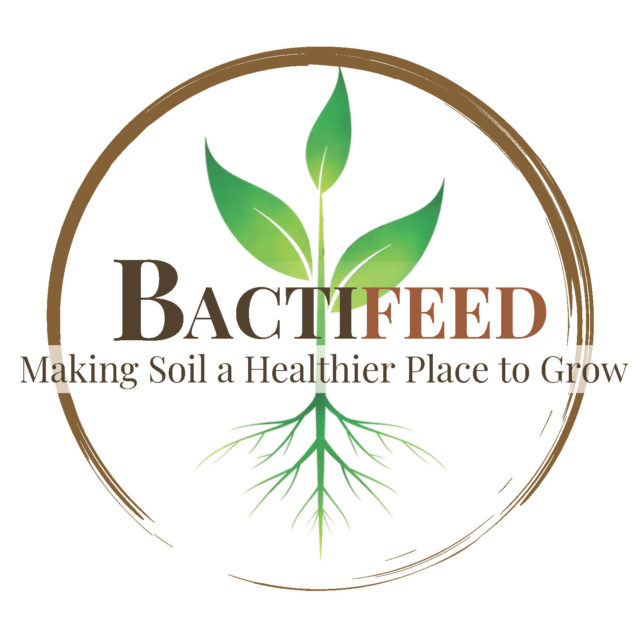I walk the Corrib often. I’ll stroll its banks if it’s a nice day, or sometimes at night, if I happen to be feeling contemplative. The River Corrib is supposed to be the shortest and fastest river in Europe. The water crashes out of the spillway in the heart of Galway, Ireland, and rushes along the stone walls for several hundred yards before emptying into the bay.
The water is black and briny, and seems to overturn nostalgia in a gentle way. It is said the River Corrib carries people’s ambition out to sea. The vines and old mills along its bank provide idyllic images, many of which can be found on postcards in the tourist shops.
Several months ago there was a news report that a girl had jumped into the Corrib to kill herself. Someone had seen her leap off the bridge at 2:30 a.m., but divers had not found her body. Galway is a rather small city, and in addition to being voted the friendliest place in the world, seems to be filled with extraordinarily happy people. The details of the suicide were scarce. The radio indicated that she was a student, but would not release her name.
I later discovered that such deaths in the river are not uncommon. My housemate once lived where the Corrib runs into the bay, and he suggested that recovery teams pull seven or eight bodies out of the water every year. The stories of these people are largely unknown, because it is only when they cannot immediately recover the remains that it makes the news.
My girlfriend’s housemate is Indian. As such, I ask him a lot of questions about India. Eventually I told him the only thing I knew about his home, and that’s how the dairy industry helped revitalize the country in the last half of the century, providing a sustainable life to both families and communities. I remarked what a great story it was. “Ah, farming,” he said, casting his eyes downward with a mournful look. He sent me a few links later that night to explain.
India is still largely an agrarian nation, with at least 60 percent of its population depending on farming in one way or another. Most of the country’s farmland requires flooding during the monsoon season to be productive and inadequate rainfall in recent years has hit the industry extremely hard. The state of Maharashtra alone recorded 3,228 farmer suicides last year and more than 20,500 since 2001.
This is not a new phenomenon, nor is it limited to Maharashtra, as the entire country totaled 18,241 suicides by those in agriculture in 2004 alone. The government has instituted various types of relief packages through the years, but it has not been able to curb this harrowing trend.
Although it does not always receive media attention, suicide is an unfortunate occurrence that is linked to agriculture across all geography. Researcher Michael Rosmann has found that males who farm commit suicide twice as often as those who don’t.
The American Journal of Preventative Medicine stated that farming, fishing and forestry as a group has the second-highest suicide rate in regards to occupation, behind only protective services. The U.S. farm crisis in the 1980s claimed the lives of more than 900 farmers in the upper Midwest. The recent decade has also been plagued by both high-profile deaths and those who don’t make the headlines.
When farming comes up in movies, stories and conversations of the general public, it is often explained with romanticism and traditional appeal. The idea of working with land and animal and using your hands creates a pleasing image, and perhaps is a throwback to what was once considered essential in being human.
Nonetheless, being human comes with complications regardless of what one does and can be augmented with the inherent difficulties of doing something as challenging as farming. What farming actually is can sometimes be less saccharine, in the same way postcard pictures tend to fray at the edges if you handle them too much.
I still walk the Corrib, but it’s a different type of feeling the water gives. Its dark flow is suddenly more menacing. Volunteers in bright orange suits now stand by bridges at night, there to discourage others from jumping into it. It’s hard to neatly explain the sentiment one gets seeing these men posted by the water with their arms folded; as is what their reflective coats are saying about life, other than to suggest that sometimes it is more complicated than it seems. PD
In the U.S., the National Suicide Prevention Lifeline can be reached at (800) 273-8255.
Ryan Dennis is the son of a dairy farmer from western New York and a literary writer. The Dennis family dairies and maintains a 100-plus cow herd of Holsteins and Shorthorns.






